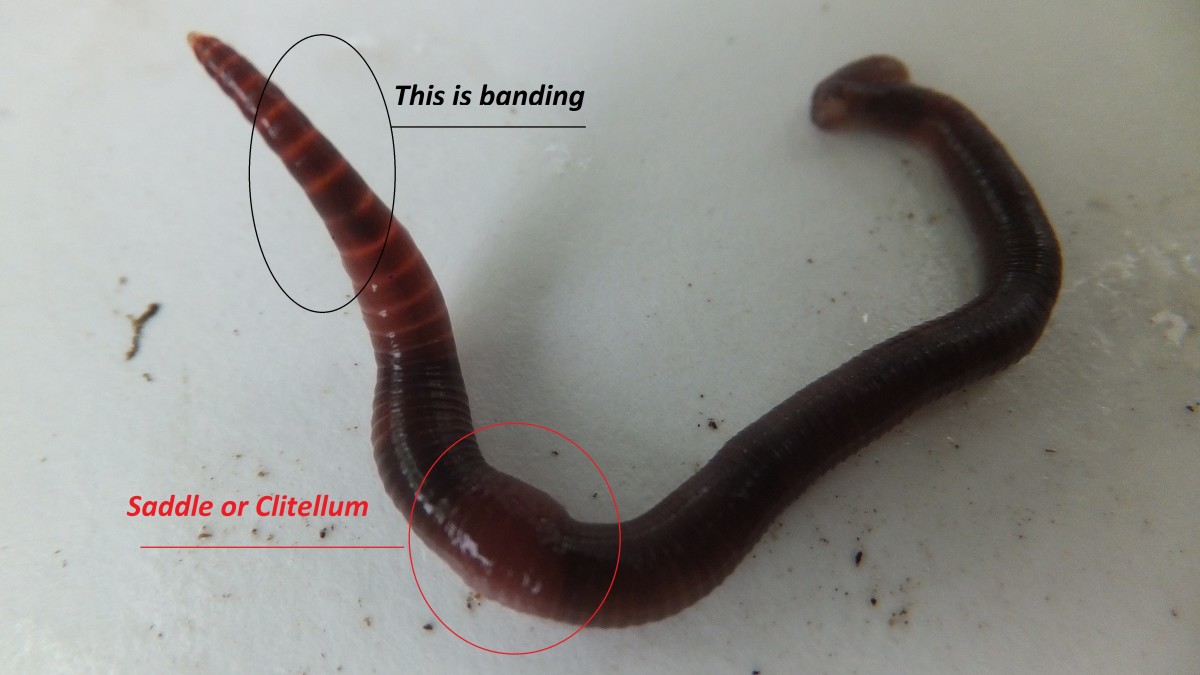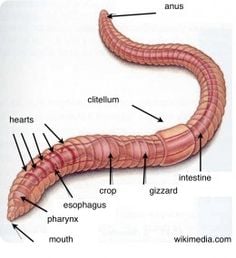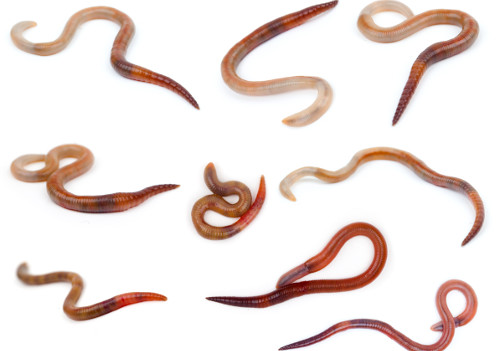Red Wiggler Worms Demystified: Opening the Keys of Vermiculture for Greener Living and Nutrient-Rich Soil
In the realm of lasting techniques for enhancing dirt top quality and advertising eco-conscious living, red wiggler worms play a critical yet frequently overlooked function. These humble animals have the amazing ability to change organic waste right into nutrient-rich castings that serve as a potent all-natural plant food. By diving right into the globe of vermiculture, one can discover a plethora of advantages that prolong much beyond typical composting approaches. Comprehending the intricacies of looking after these worms, optimizing their setting, and utilizing their castings can bring about a greener way of life and much healthier soil for plants to prosper.
The Function of Red Wiggler Worms
Red Wiggler worms play a crucial function in composting systems by successfully breaking down organic issue right into nutrient-rich castings. These ravenous eaters eat a variety of organic products, such as cooking area scraps, yard waste, and paper items. As they feed, the worms' digestive system procedures break down the natural matter into a penalty, dark, and nutrient-dense material referred to as worm spreadings or vermicompost.
The castings produced by Red Wiggler worms are extremely valuable for soil health and wellness and plant development. They are abundant in essential nutrients like potassium, phosphorus, and nitrogen, which are vital for sustaining healthy and balanced plant growth. In addition, worm spreadings have advantageous microbes and enzymes that help improve soil structure, increase water retention, and enhance nutrient uptake by plants.
Benefits of Vermicomposting

In addition, vermicompost, the nutrient-rich output of vermicomposting, offers as an outstanding natural fertilizer and dirt conditioner. It improves dirt structure, boosts soil oygenation, and enhances dirt moisture retention. These residential or commercial properties add to healthier plants with more powerful root systems and far better resistance to diseases and parasites. Vermicompost likewise enriches the soil with crucial nutrients like potassium, nitrogen, and phosphorus, promoting plant growth and general soil fertility.
Furthermore, vermicomposting assistances lasting gardening practices by supplying a chemical-free and all-natural alternative to synthetic fertilizers. Red Wiggler Worms. This eco-friendly technique not just improves the dirt yet additionally helps decrease reliance on dangerous chemicals, advertising a greener and extra lasting means of horticulture
Establishing a Worm Container
When developing a worm container for vermicomposting, appropriate setup is essential to ensure the success of the composting procedure. The very first step in setting up a worm bin is choosing an ideal container.
After adding the bedding, present the red wiggler worms to the container. It is advised to begin with a handful of worms and gradually increase as they increase. The worms ought to then be provided with food scraps such as fruit and veggie peels, coffee grounds, and eggshells. It is vital to avoid including meat, dairy products, oily, or salty foods to stop bring in insects and developing undesirable smells.
Regularly check the moisture degrees and temperature in the worm container to ensure optimal conditions for the worms. With proper setup and maintenance, the worm container will efficiently transform natural waste right into nutrient-rich compost for your plants and yard.
Harvesting Worm Castings
To successfully gather nutrient-rich worm spreadings from your vermicomposting system, an organized harvesting technique is important. There are a few key actions to comply with to ensure a successful procedure when it comes time to collect the worm castings. First of all, quit including fresh food scraps to one side of the worm bin for a pair of weeks prior to harvesting. This motivates the worms to move sideways with fresh bedding and food, making it much content easier to dig the spreadings from the opposite side.

Troubleshooting Common Issues
Determining and resolving usual difficulties that may emerge throughout the vermicomposting procedure is critical for keeping a healthy and balanced and efficient worm bin. One common concern that vermicomposters experience is overfeeding. Adding excess food scraps can result in a buildup of wetness and acidity in the worm bin, possibly other hurting the worms. To stop this, feed the worms in moderation, ensuring that the food scraps are adequately broken down before including a lot more. Another concern is undesirable odors emanating from the worm bin. Foul scents suggest anaerobic conditions, typically triggered by overwatering or insufficient ventilation. To correct this, change the moisture degrees by adding completely dry bed linen materials like shredded paper or cardboard and boost aeration by turning the bed linen consistently.
Additionally, if the worm populace is decreasing or the worms appear unhealthy, it might be because of ecological stressors such as extreme temperature levels or pH levels. Checking these elements and making essential adjustments is crucial for the well-being of the worms. By repairing these typical concerns promptly, vermicomposters can guarantee a successful and smooth vermicomposting process while keeping a flourishing worm populace.

Conclusion
To conclude, red wiggler worms play an important function in vermiculture by damaging down natural issue right into nutrient-rich dirt. Bonuses The benefits of vermiculture include greener living and improved dirt top quality. Setting up a worm bin is essential for effective vermiculture, and collecting worm spreadings supplies important compost for gardening. By understanding and troubleshooting usual concerns, individuals can unlock the secrets of vermiculture for lasting living and healthier dirt.
As they feed, the worms' digestive system procedures break down the natural matter right into a penalty, dark, and nutrient-dense material recognized as worm spreadings or vermicompost.
The spreadings produced by Red Wiggler worms are very helpful for soil wellness and plant growth. Including excess food scraps can lead to a build-up of wetness and acidity in the worm container, potentially damaging the worms.Additionally, if the worm populace is declining or the worms show up undesirable, it could be due to ecological stressors such as severe temperatures or pH levels. Establishing up a worm bin is necessary for successful vermiculture, and collecting worm castings supplies valuable garden compost for horticulture.